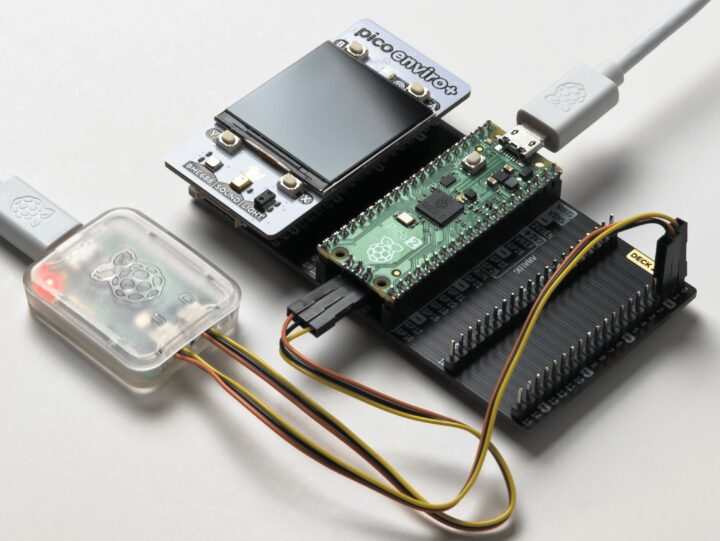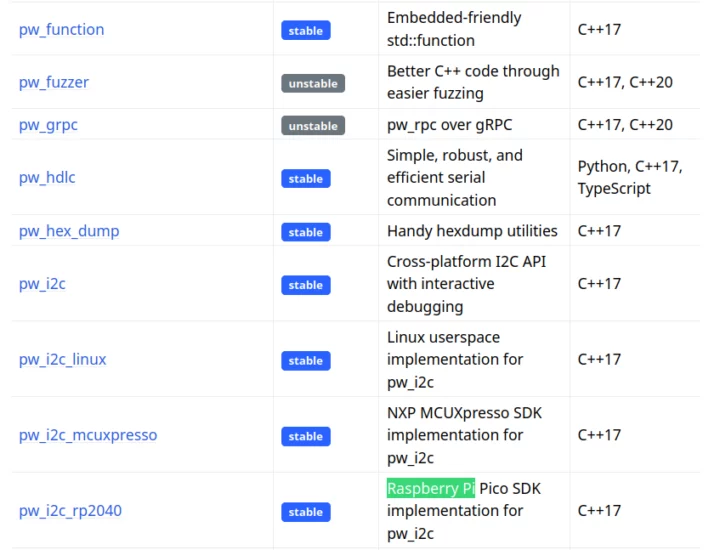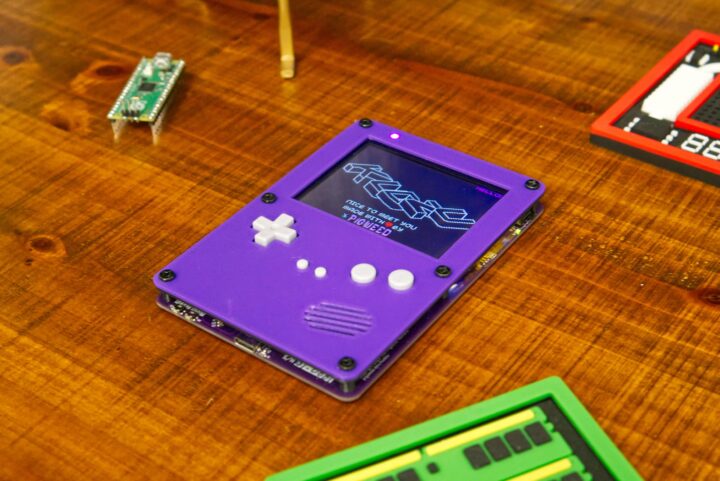Google Pigweed, a collection of open-source libraries for embedded software development, now supports the Raspberry Pi RP2350 MCU and comes as a software development kit (Google Pigweed SDK).
These libraries, also called modules, are building blocks that make embedded software development faster and more reliable. It targets tiny 32-bit microcontrollers such as STMicro STM32L452, Nordic Semi nRF52832, and the Raspberry Pi Pico line of microcontrollers. The library components have shipped in Google Pixels, Nest thermostats, robots, satellites, and drones.

On August 8, the Pigweed project was released as a software development kit (SDK) in developer preview with official support for Raspberry Pi RP2350 and the associated Pico 2 development board. The new release uses the Bazel build system – a feature upstreamed into the Pico SDK by the Google Pigweed team – and a complete, open-source Clang/LLVM toolchain. The Google Pigweed SDK includes sample code, modules, and a comprehensive tutorial to make building complex, scalable products on the RP2350 and other platforms easier.
It also offers other features such as:
- Self-contained building, testing, and flashing with the Bazel build system
- Efficient and robust device communication over the RPC (Remote Procedure Call) protocol
- A multi-purpose, interactive console (REPL) for viewing logs and sending RPC
- Built-in support for Visual Studio Code and GitHub Actions
- Cross-platform development on macOS and Linux (Windows support is in the works)
There is a long list of modules available in the SDK that can be integrated into any embedded system codebase.

Most of these modules are reusable. scalable and hardware-agnostic (will work with any hardware) but there are RP2-specific drivers for I²C, SPI, GPIO, and real-time operation (chrono). Users can also access pico-sdk APIs directly when they need hardware-specific functionality.
There is a demo on the Pigweed website that showcases the project’s features with a detailed and exhaustive walkthrough that caps off with a finished air quality monitor product. The demo runs on the Pico 1 and Pico 2, but the Pico W is currently untested.
Another example is the open-source Kudzu project that the Pigweed team made for Maker Faire 2023. It is a PCB badge that runs Pigweed and comes in a Gameboy form factor.


Tomisin is a writer specializing in hardware product reviews, comparisons, and explainers. He is very passionate about small form factor and single-board computers.
Support CNX Software! Donate via cryptocurrencies, become a Patron on Patreon, or purchase goods on Amazon or Aliexpress




